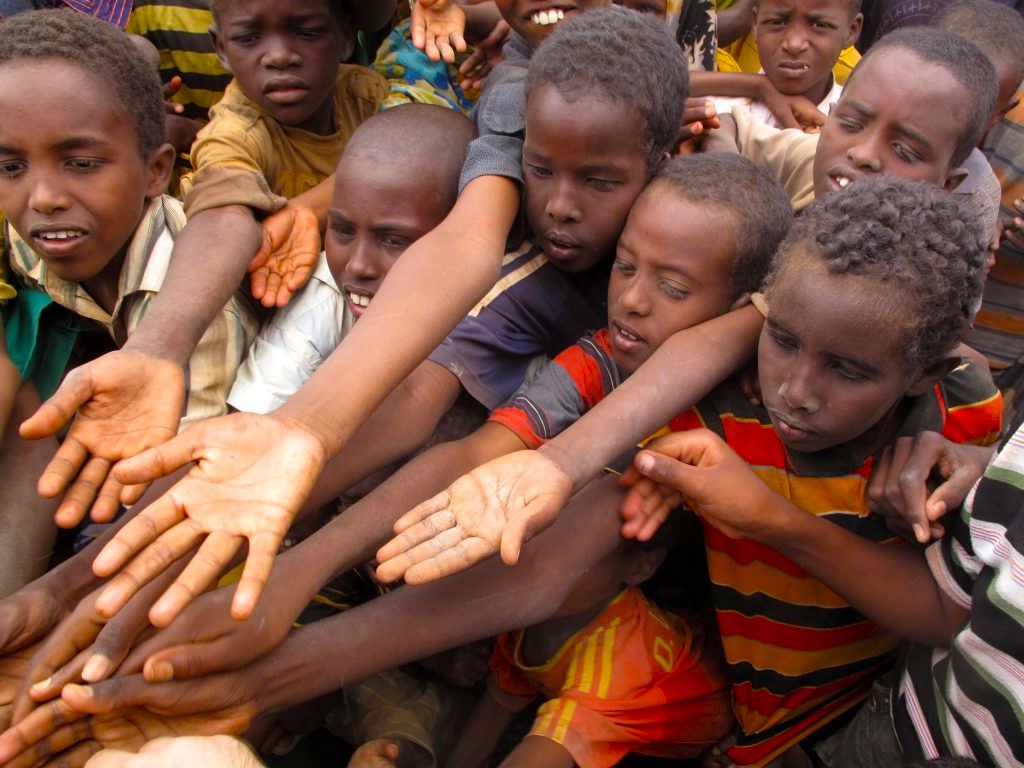- Home
- Who we are
- What we do
- Agriculture Development
- Nutrition & Food Security
- Water, Sanitation And Hygiene (WASH)
- Gender Justice Womens Rights
- Humanitarian Emergency Response
- Child Protection
- Climate Change And Environmental Conservation
- Economic Development
- Gender Equality
- Climate Change and Resilience
- WASH
- Humanitarian Assistance
- Our Impact
- Where We Work
- Contact Us
- Resources
- Donate Now
 Child Protection
Child Protection
Children’s mental health, their sense of security are fundamental parts of childhood – and their long-term well-being. During insecurity threats, children become vulnerable to trafficking, sexual exploitation, and abuse. Children’s prospects are disrupted by the loss of education, social support, health care, and economic opportunities.
Agricultural Development Organization (ADO): Safeguarding Children's Rights
The Agricultural Development Organization (ADO) is committed to ensuring the protection and well-being of children in the communities where they operate. Recognizing that children are among the most vulnerable populations, ADO places a strong emphasis on child protection programs aimed at safeguarding their rights and promoting their overall well-being.
ADO's Approach and Strategies
ADO adopts a comprehensive approach to child protection, encompassing various strategies and interventions to address the diverse needs of children in rural areas. Some of the key strategies employed by ADO in their child protection programs include:

- Child Rights Advocacy: ADO advocates for the rights of children at local, national, and international levels. The organization raises awareness about child rights issues, campaigns against child labor, exploitation, and abuse, and promotes policies and legislation that protect children's rights. By advocating for child rights, ADO seeks to create a supportive environment where children can thrive and reach their full potential.
- Child Safeguarding Policies: ADO has robust child safeguarding policies and procedures in place to ensure the safety and protection of children in all their programs and activities. These policies outline guidelines for preventing and responding to issues related to child abuse, exploitation, and neglect. ADO prioritizes the training of staff, volunteers, and community members on child protection protocols to create a safe and secure environment for children.
- Community Engagement: ADO actively engages with local communities to raise awareness about child protection issues and empower community members to take action. The organization collaborates with community leaders, parents, schools, and other stakeholders to promote a protective environment for children. Through community-based initiatives, ADO works towards changing social norms, attitudes, and behaviors that may put children at risk.
- Support Services: ADO provides support services to children who have been victims of abuse, exploitation, or neglect. This includes access to counseling, medical care, legal assistance, educational support, and referral services to specialized agencies. ADO ensures that children receive the necessary care and support to recover from traumatic experiences and rebuild their lives in a safe and nurturing environment.
- Education and Awareness Programs: ADO conducts educational programs and awareness campaigns on child protection, child rights, and the importance of creating a safe and inclusive environment for children. These programs target children, parents, teachers, and other community members, equipping them with the knowledge and skills to identify, prevent, and respond to child protection issues effectively.
Impact and Achievements
ADO’s child protection programs have had a positive impact on the lives of children in rural communities. Through their advocacy efforts, child safeguarding policies, community engagement initiatives, support services, and education programs, ADO has helped create a protective environment where children are safe, valued, and empowered. The organization’s interventions have led to a reduction in child labor, exploitation, and abuse, and have promoted children’s rights to education, health, and well-being.
ADO’s commitment to child protection is a testament to their dedication to creating a better future for children in rural areas. By implementing a range of strategies and interventions, ADO strives to safeguard children’s rights, protect them from harm, and provide them with the support and care they need to thrive. Through collaboration with communities, stakeholders, and partners, ADO continues to work towards building a more inclusive and child-friendly environment where every child can grow up safe, healthy, and empowered.
About Us
The Agricultural Development Organization in Somaliland is a dynamic and dedicated organization working towards the improvement and advancement of agriculture in the region. We are committed to enhancing agricultural practices, promoting food security, and fostering economic growth in Somaliland.
Useful Links
© 2024 All Rights Reserved. Designed & Developed By Mobrilz.
